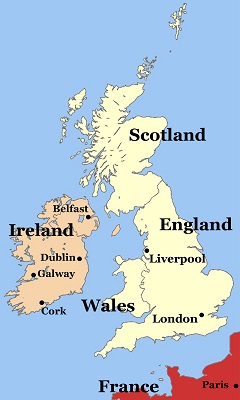I am preparing the publication, first electronically, then as a paperback (probably through Createspace), of my (very) long SF novel - 330,000 words.
My need for advice concerns the e-book. I will allow readers to read for free about 25%/30% of the book, which makes about 300 pages, the equivalent of a free first book in a series.
To help readers, particularly those who will read the sample, I gave a title to each of the 238 chapters in the TOC.
Now, what should I do about the glossary? There is quite a lot of invented vocabulary, particularly in the beginning.
In a printed book, I would put the glossary at the end. But with the e-book, the readers reading the free sample will need to know the meaning of the invented words.
So, should I put the glossary at the beginning as well? It will be several pages long.
If I do is there a potential risk of loosing readers who don't want to be bothered with all that stuff?
The same question goes for the list of characters: at the beginning or at the end?
At the end of the book, there will be an annex containing other stuff (chronology, explanations about cultural aspects of the one worlds). Enough info to answer some questions, but not everything, because I am working on a “companion book”.
Thank you in advance for your help.


